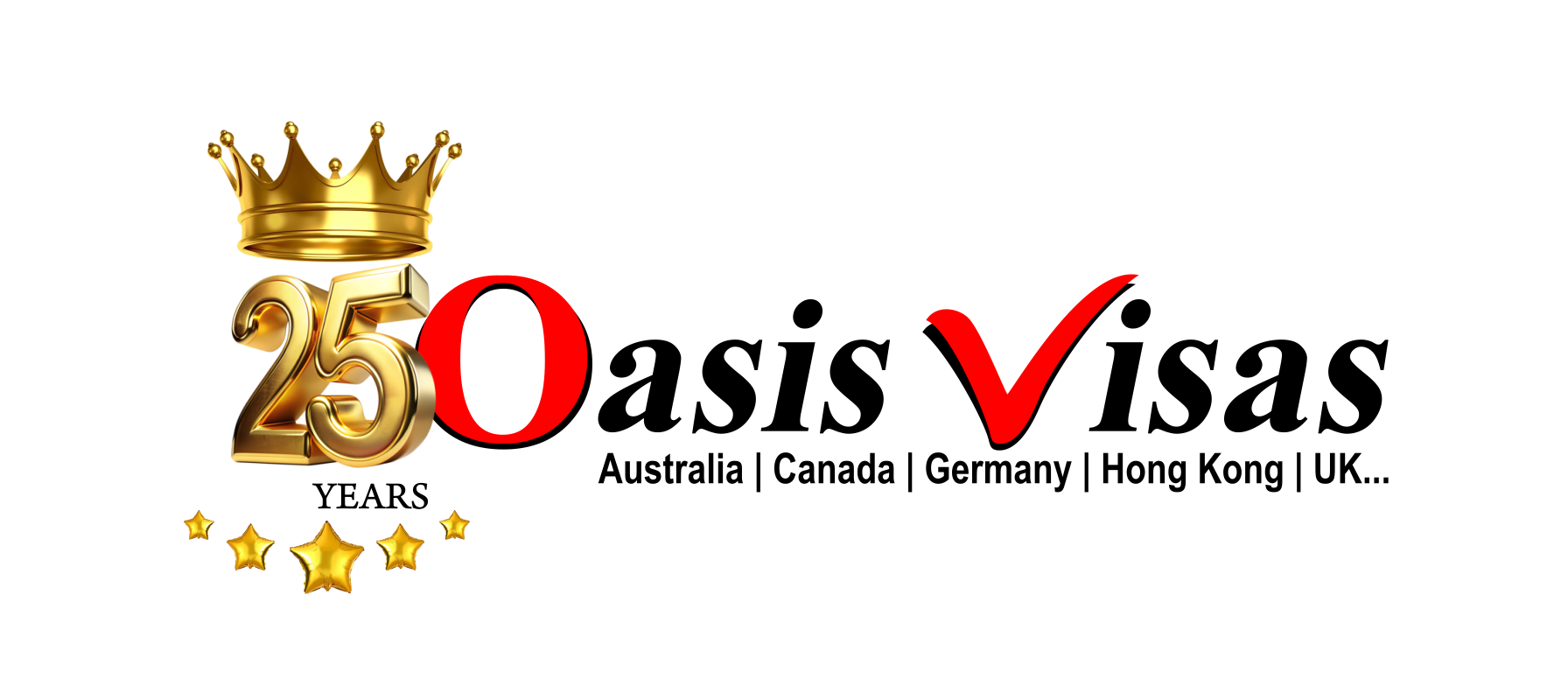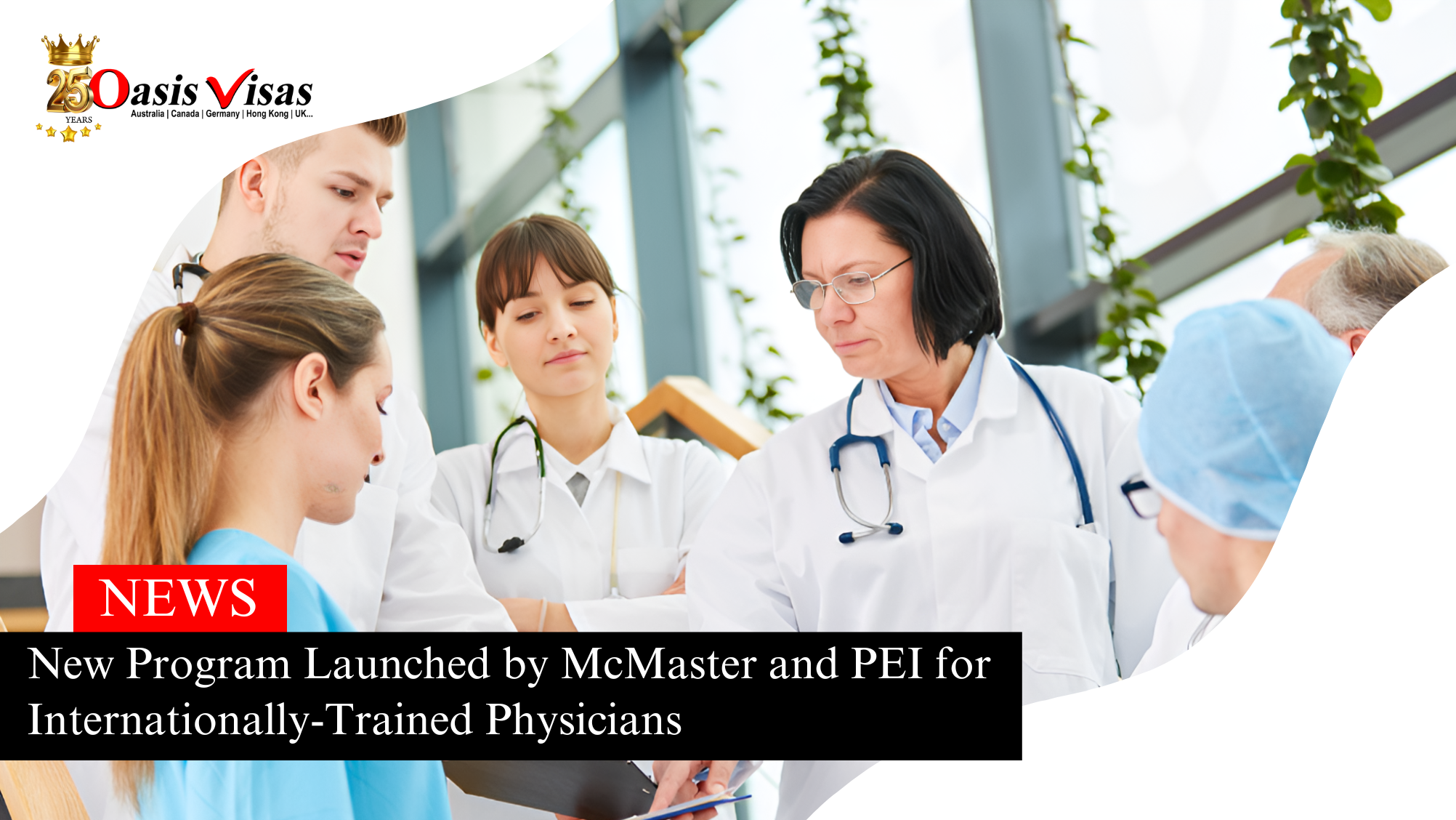Canada is making it easier for internationally-trained doctors to start their medical careers in Prince Edward Island (PEI). A new program called the PEI-McMaster Collaborative Hospitalist Fellowship has been introduced to support international medical graduates (IMGs).
This one-year training program in internal medicine is designed to help them get licensed and start working in PEI after completing the course. Doctors who finish this program must agree to work in PEI for at least one year.
Who Can Apply?
To be eligible, international doctors must:
- Be either Canadian citizens or permanent residents
- Meet certain requirements set by the College of Physicians and Surgeons of PEI
Priority will be given to those eligible to take the Royal College of Physicians and Surgeons of Canada internal medicine exam through the Practice Eligibility Route (PER).
About the Program
This fellowship is a joint initiative by the Government of PEI and McMaster University in Hamilton, Ontario. PEI’s Health Minister, Mark McLane, explained, “Working with McMaster University and the College of Physicians and Surgeons of PEI, this program helps international doctors enter the Canadian healthcare system while strengthening our local medical workforce.”
Health PEI, the province’s healthcare authority, will choose the candidates and also cover their training costs. The main goal is to attract and keep more family and internal medicine doctors in the province. The training will mostly take place at McMaster University (12 out of 13 blocks), with one training block happening in PEI itself.
This new program is partly inspired by the success of Dr. Ali Abdullah, an internationally-trained internal medicine specialist who completed McMaster’s hospitalist fellowship and started practicing in PEI in 2024.
Challenges for International Medical Graduates
It’s often difficult for international doctors to become licensed in Canada. Usually, to get licensed, a medical graduate must complete a residency program, which is several years of supervised training. But residency positions in Canada are very limited. Most of them are set aside for graduates of Canadian medical schools, leaving only around 10% of spots open to IMGs.
This shortage of residency positions has made it harder for foreign-trained doctors to join the healthcare system. Because of this, Canadian authorities have been working on alternative paths like this new fellowship program to help IMGs get licensed.
Canada’s Efforts to Bring in Healthcare Workers
This program is part of a wider push by Canada to recruit more healthcare professionals and simplify the licensing process for those trained outside the country.
Here are a few recent steps taken by Canada to address the healthcare shortage:
- In 2023, the federal government began category-based immigration draws to give preference to healthcare workers applying for permanent residence.
- In 2025, Immigration, Refugees and Citizenship Canada (IRCC) expanded its healthcare-focused immigration categories to include therapists and social workers.
- Canada also created a temporary public policy to help physicians count self-employment experience when applying through some Express Entry streams.
- Ontario’s Provincial Nominee Program (PNP) now allows physicians to count periods of self-employment in three of its Express Entry-aligned streams.
- Provinces like British Columbia, New Brunswick, PEI, and Saskatchewan recently adjusted immigration programs to prioritize workers in high-demand fields, including healthcare.
- Several provinces including Manitoba, Newfoundland and Labrador, PEI, and Saskatchewan have also rolled out special incentives to attract healthcare workers from abroad.

